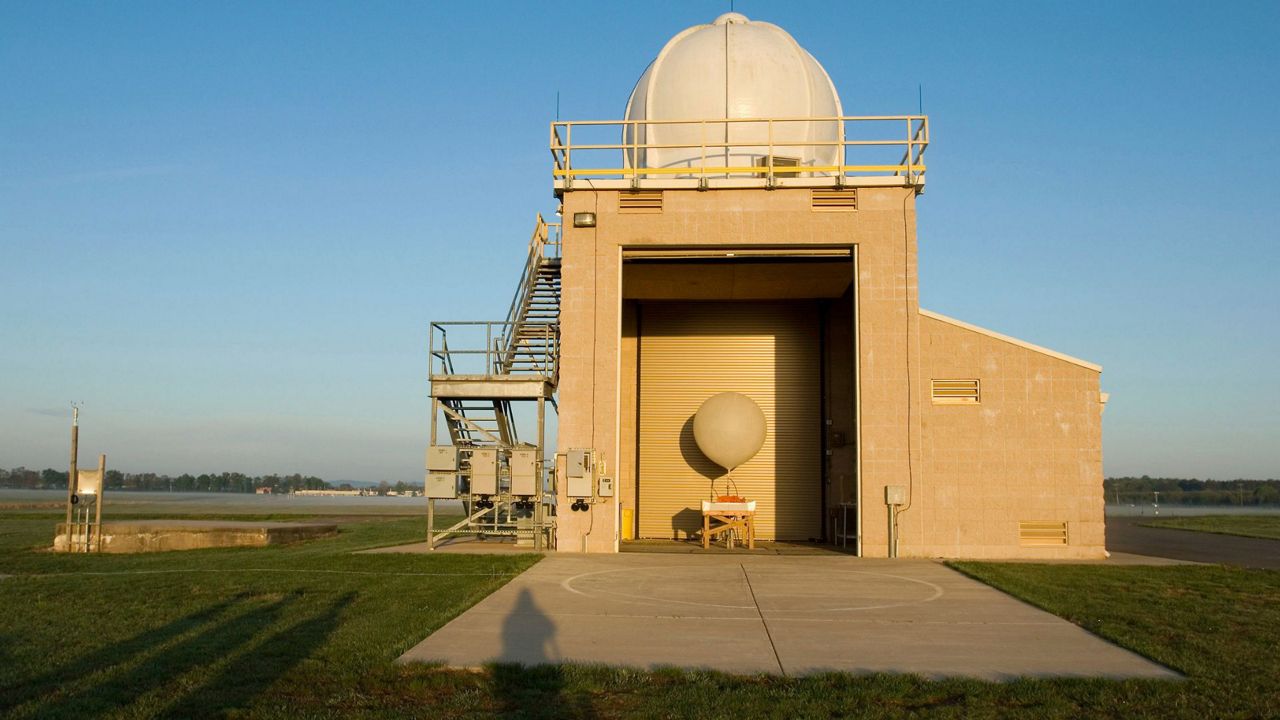SAN DIEGO — Funding is being given to ocean entrepreneurs to spur new technology and strengthen the coasts of America.
Dialing into a conference call has never been more satisfying for Jack Gilbert.
He is the deputy director at Scripps Institution of Oceanography and also one of the leaders of StartBlue, an accelerator program for ocean science and technology startups. On a phone call Monday, the National Oceanic and Atmospheric Administration announced StartBlue will receive $13.5 million in funding to expand its program.
Gilbert said they have helped 22 ocean-focused startups since they launched in 2021, half of which are female-founded, that have collectively raised over $10 million during their time in the program.
CalWave is one of their partners, which is working to harness the power of ocean waves to generate sustainable energy for local communities.
The new investment is funded by the Inflation Reduction Act as part of the Biden-Harris Administration’s Investing in America agenda. Gilbert says with this funding, StartBlue will help even more.
“I’m really, really excited about the capacity of these technologies to be able to support local communities. To be able to derive improve resiliency and self-sufficiency for the United States, especially for California. I’m really excited about the general economic innovation that’s going on,” Gilbert said.
Jason Giffen works for the Port of San Diego, and they also collaborate with Scripps and StartBlue. The Port created its Blue Economy Incubator in 2016 as a launch pad for sustainable aquaculture and port-related blue technology ventures — like ECOncrete’s COASTALOCK interlocking tide pools — designed to protect the shore while also creating an ecosystem that mimics natural tide pools.
Giffen says the new funding will help bridge the gap between brand-new concepts and real-world testing.
“When you start thinking about where do some of the greatest inventions and innovations come from, they generally come from small and medium-sized companies that are focused on creation, ideation,” Giffen said. “They’re a little more flexible and nimble and don’t have necessarily the same barriers that maybe larger and more traditional companies have.”
He believes San Diego is a prime location for a thriving “blue economy” — using ocean resources for economic growth while preserving the health of the ocean.
“I think the opportunity and the future is really bright for what the San Diego region has to offer,” Giffen said. “Two things that San Diego does really, really well, which is why I think our ecosystem is second to none, is collaboration and innovation.”
Gilbert and the rest of the StartBlue team can’t wait to get to work with ocean-based businesses to build more sustainable solutions.
“We’re really excited by the potential to work with our ocean to make America more resilient to global threats and to also improve our economic prospects,” he said. “We can play a role in our future and our children’s future, because this planet is the only one we have and we need to be able to make sure we can work with it to support our future as well as the future of all life on earth.”
Four organizations deemed business “accelerators,” received awards:
StartBlue Ocean Enterprise Accelerator. UC San Diego-Scripps Institution of Oceanography and Rady School of Management: $13.5 million.
Gener8tor Great Lakes Innovation Accelerator. gener8tor Management, LLC: $13.4 million.
VentureWell Ocean Enterprise Accelerator. National Collegiate Inventors & Innovators Alliance, Inc. (dba VentureWell): $13.5 million.
The Continuum. Tampa Bay Wave, Seaworthy Collective, St. Petersburg Innovation District, Braid Theory, University of South Florida, Ocean Exchange, World Ocean Council: $13.9 million.
All will provide guidance, support and funding to help small businesses scale quickly to spur the development of technologies and services that address a wide range of maritime issues in oceans, coastal regions and the Great Lakes.













